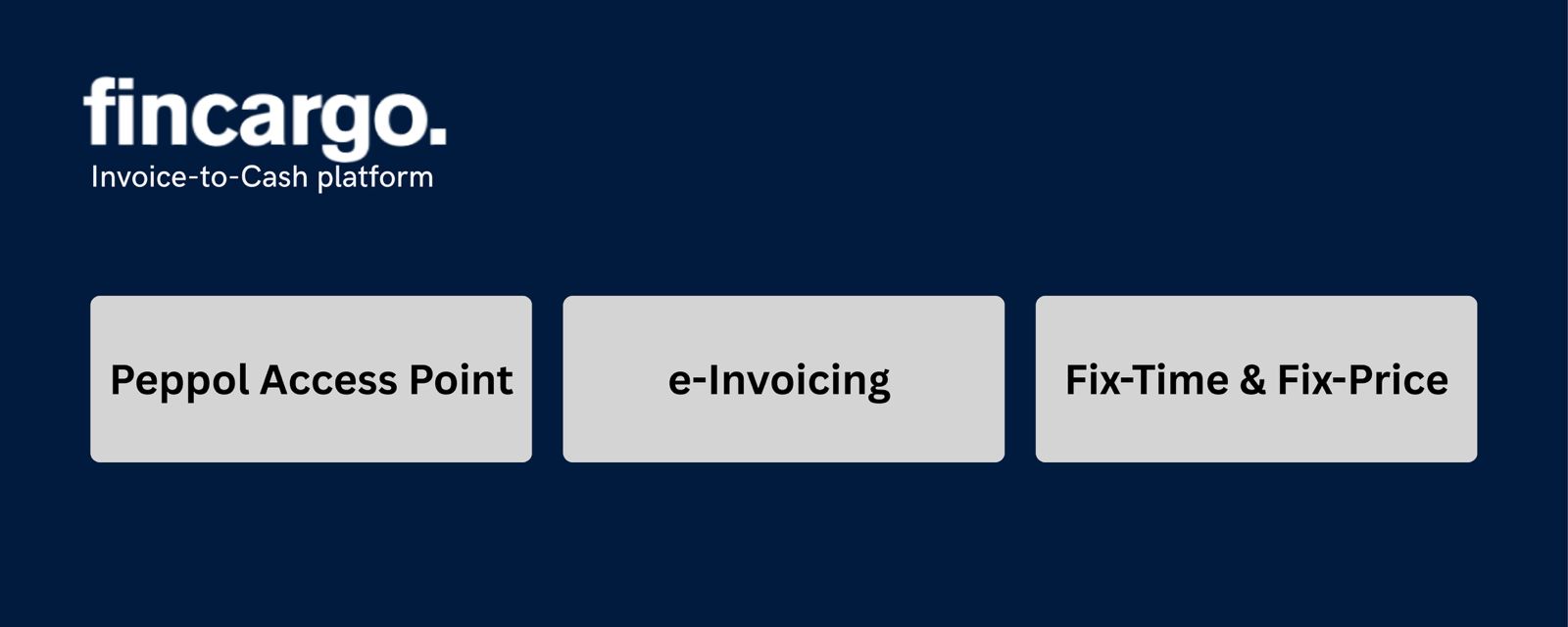- Courts cannot reduce the 200% VAT penalty for fraud cases, except—and only—if the taxpayer first applies for clemency from the Minister of Finance under the 1831 Regent Decree BTW jurisprudentie+9blog.tamtam.pro+9expert.taxwin.be+9.
- This decision ends the inconsistent practice between linguistic chambers and confirms that judges have no discretion to reduce the penalty unilaterally, even under Article 6 of the ECHR .
- As a result, taxpayers face a new procedural hurdle: they must submit a clemency request first, and the courts cannot assess or mitigate the penalty until that initial executive step is completed .
- The ruling may burden both the Ministry of Finance (now handling a flood of clemency requests) and taxpayers, who effectively require a two-step process—first administrative (clemency), then potentially judicial—raising concerns over efficiency and fair access to justice .
Summary
On 25 April 2025, the Belgian Cour de Cassation (Cassation Court) issued a binding judgment in case F.22.0166.N. It clarified that in VAT fraud cases, the statutory 200% surcharge is non-negotiable by judges—legally, only the Minister of Finance has the power to soften it, and only via the traditional clemency route laid out in the 1831 law.
Judges may still apply the proportionality test mandated by Article 6 of the ECHR, but only after the Ministry has acted. Without a prior clemency request, courts must uphold the full penalty.
This marks a major shift in VAT enforcement and significantly impacts both taxpayers and fiscal administration—ushering in a new standard and raising questions about procedural rights and fairness.
Source
Latest Posts in "Belgium"
- Ensuring Enforceability of Invoice Terms Under Mandatory Peppol E-Invoicing in Belgium
- FAQ on E-Invoicing implementation in Belgium
- Belgium’s New VAT Rules Spark Confusion, Criticism, and Fears of Higher Costs
- Belgium Raises VAT on Takeaway Meals; New Rules Based on Shelf Life Spark Debate
- Belgium Extends GKS 2.0 Implementation Deadline, Offers Longer Tolerance Period for Catering Sector














